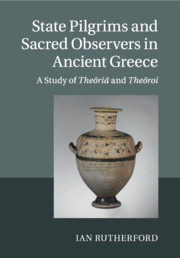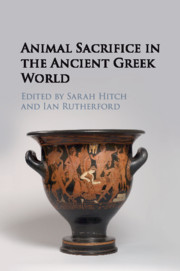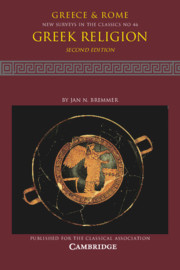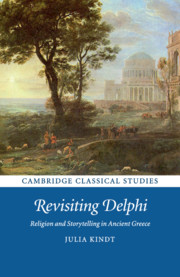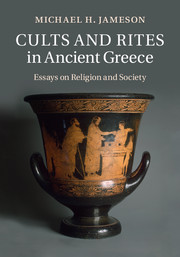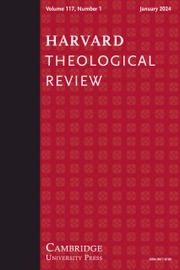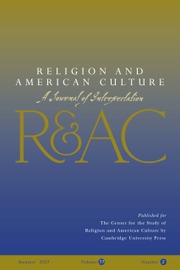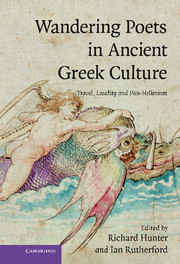State Pilgrims and Sacred Observers in Ancient Greece
For at least a thousand years Greek cities took part in religious activities outside their territory by sending sacred delegates to represent them. The delegates are usually called theōroi, literally 'observers', and a delegation made up of theōroi, or the action of taking part in one, is called theōriā. This is the first comprehensive study of theōroi and theōriā. It examines a number of key functions of theōroi and explains who served in this role and what their activities are likely to have been, both on the journey and at the sanctuary. Other chapters discuss the diplomatic functions of theōroi, and what their activities tell us about the origins of the notion of Greek identity and about religious networks. Chapters are also devoted to the reception of the notion of theōriā in Greek philosophy and literature. The book will be essential for all scholars and advanced students of ancient religion.
- The first ever comprehensive study of theōroi and theōriā in Greek religion
- Provides an overview of the evolution of religious networks throughout Greco-Roman antiquity
- A major contribution to the study of 'pilgrimage' in the pre-Christian Mediterranean
Product details
January 2019Paperback
9781108729956
562 pages
245 × 170 × 30 mm
0.9kg
4 b/w illus. 19 maps 12 tables
Available
Table of Contents
- 1. Approaches to theōriā: preliminary definitions and issues
- 2. Evidence
- 3. An historical overview
- 4. Festival theōriā
- 5. Festival announcement and truce
- 6. Oracles
- 7. Conveying offerings
- 8. Theōroi as magistrates
- 9. Theōriā and viewing
- 10. Participants
- 11. The journey
- 12. Performances at the sanctuary
- 13. Civic theōriā: two case studies
- 14. The theoric chorus
- 15. Politics and diplomacy
- 16. Hellenism, panhellenism and common sanctuaries
- 17. Theoric networks over space and time
- 18. The case of Athens
- 19. Philosophy and theōriā
- 20. Theōriā in Greek imagination
- 21. Epilogue. The end of theōriā.

